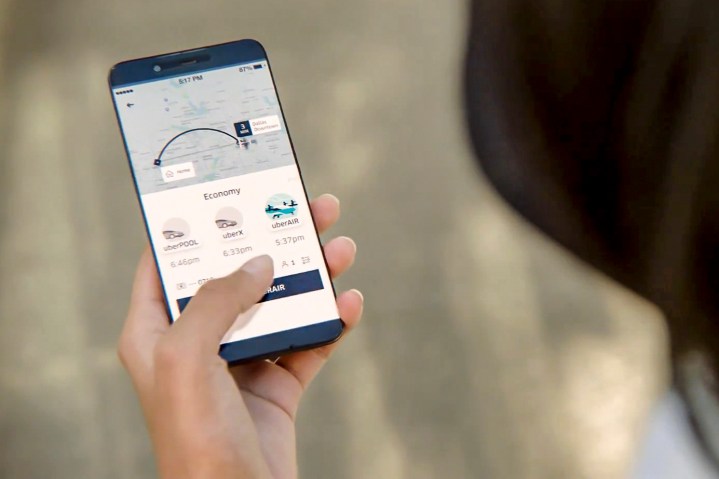
Uber has avoided another shutdown – at least, for now. Over the April 7-8 weekend, a court in Cairo, Egypt ruled that a previous decision to suspend Uber and other ridesharing companies’ licenses would not be upheld, allowing both the San Francisco-based transportation giant, as well as Dubai-based competitor Careem, to continue their operations. But like many victories in this space, the win is a tenuous one.
Last year, a total of 42 Egyptian taxi drivers filed a lawsuit against both Uber and Careem, claiming that the companies were using private cars as taxis, and furthermore, that Uber had falsely registered itself as a call center, while Careem claimed to be an internet company. Last month, the administrative court in which the suit was initially filed ordered the suspension of both companies’ licenses.
However, Uber and Careem took the legal battle to the Cairo Court of Urgent Matters, who has now ruled that the two companies can continue to work until a final decision is handed down from the Highest Administrative Court.
Careem claims that it has not been formally asked to cease its operations in Egypt, and as such, is continuing to embark upon business as usual. And judicial sources tell Reuters that the original decision to suspend the licenses has not yet been applied, and now that Uber and Careem have won their appeal (for the time being), things should continue running as usual.
That said, Uber has faced a slew of issues in the last several months, starting with the suspension of its license in London in 2017, and more recently, its decision to cease operations of UberX in Greece.
Uber will likely fight hard to stay in Egypt, as the company claims that the country is the largest market in the Middle East. In 2017, the startup boasted 157,000 drivers, and further claims that a total of four million individuals have used the service since its launch in 2014. And just a few months ago, Uber unveiled a $20 million investment in a new support center located in Cairo.
For now, Uber remains safe. But how long this sense of security will last is anyone’s guess.


